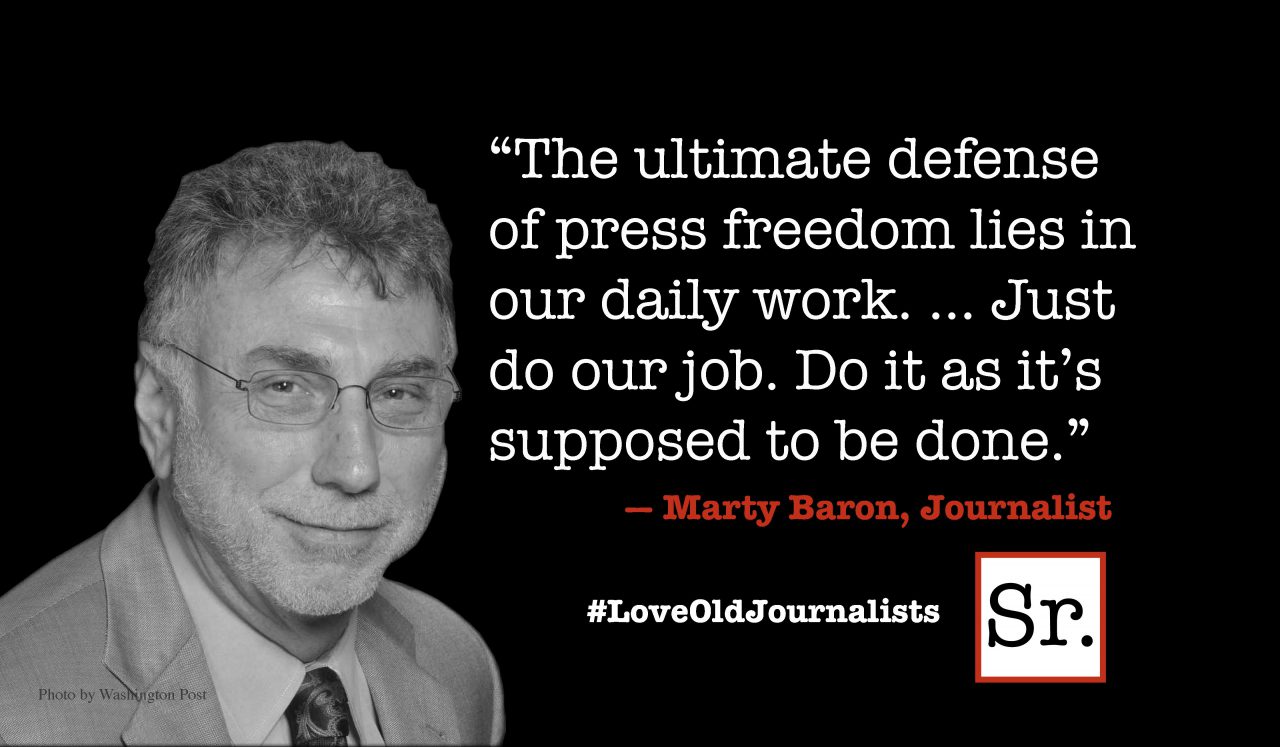Have you noticed that mulling something over and over and stewing about it can make you nuts? And, then you share the idea with someone and the light bulb comes on? As they listen and you express your thoughts and feelings, you soon become impressed with your own brilliance. It happens to me a lot when I design leadership workshops and keynote speeches. When I remember to share my thoughts and ideas with someone else it always benefits me more than whoever happens to be my conversation partner.
I've often wondered what keeps me from practicing this very constructive activity more proactively. I've come to realize that my reluctance is related to fear. Fear of being judged or criticized or having the other person add something to my idea that I hadn't thought of myself and then feeling diminished as a result.
I now understand that in order to really perfect an idea I've got to "go out of my own mind." I have to hear it outside my head and test how it is received by others to insure that I am expressing it with clarity and precision, and yes, to improve upon my original thinking.
We humans are communal creatures by nature and we need to interact with others to stay connected to our own humanity. What is really interesting is that we withhold ourselves from that needed connectivity for reasons that most often prove unfounded. Maybe we are shy, or fearful, or egotistical, or proud, or introverted, or simply believe that others could care less about what we think and believe. None of these reasons hold water.
Parker J. Palmer, in his book Let Your Life Speak, introduces the notion of "functional atheism." This is the belief called "I'm responsible for everything." It puts tremendous pressure on us because it breeds fear or unwillingness to give others the space to contribute to us. Most especially it can "use us" in a dysfunctional way when it comes to developing our own ideas. Our ideas are very personal to us, as personal as our arm or the color of our eyes. But whether we realize it or not, those ideas came from what I like to call the "collective consciousness," to steal from a Jungian principle of psychoanalysis. Our ideas are stimulated from things we see, hear, read or experience. It therefore makes sense to test and develop these ideas by dipping into that collective consciousness. We can do this by sharing our ideas with others.
Rather than fearing what others might think or say, we can choose to simply become curious. We can choose to listen to their feedback from a position of neutrality, without judging it, liking it, disliking it or even agreeing with it, but rather making the choice to simply learn something from it.
"Listening is a magnetic and strange thing, a creative force. The friends who listen to us are the ones we move toward. When we are listened to, it creates us, makes us unfold and expand.," Dr. Karl Augustus Menninger, psychiatrist, 1893-1990.
Do you have an idea that might improve your work environment or the performance of your department or the organization as a whole? Have you been holding back from sharing this idea? Perhaps it's time to "Go out of Your Mind."
If you have a trusted colleague, begin by sharing your idea with them. Approach your sharing from a place of curiosity and neutrality. Discover what you can learn that might clarify your idea and improve upon it. And, should someone share an idea of theirs with you, listen generously with curiosity and neutrality.









